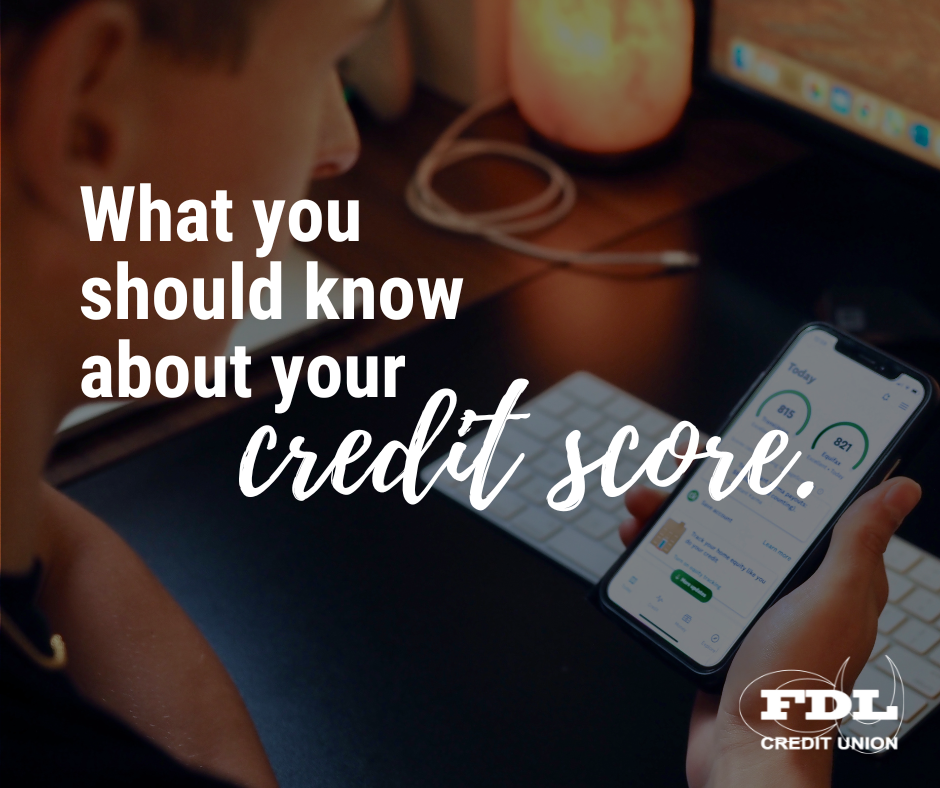
Your credit score is a three-digit number that is used to determine whether you’ll get approved for financial products like credit cards and loans. Credit scores typically range from 300 to 850, but they can vary due to different scoring models.
You may check your score with your credit card company or on a personal finance site only to find it’s different on another. That can make it hard to know what credit score range you fall in, and which financial products you have the best chance of qualifying for. When a lender pulls your credit score, they may request it from a different credit bureau — Experian, Equifax or TransUnion — and/or request a specific version that varies from the one you checked.
Most credit scores weigh the same factors, such as payment history, credit utilization rate, length of credit history, number of recent inquiries, and more. However, there may be score differences for a variety of reasons.
Credit scoring model used: There are several models out there for scoring your credit history. Typically, lenders use one of the two main credit scoring models — FICO or VantageScore. Each company uses its own formula to determine your score, but both scoring models weigh factors like your payment history and utilization rate.
Score version: There are dozens of credit score versions that are broken up into base scores and industry-specific scores. Base scores, such as FICO® Score 8 or VantageScore 3.0, show lenders the likelihood you’ll repay any credit obligation. There are also industry-specific scores that represent the odds you’ll repay a specific type of loan, such as an auto loan.
Credit bureau: Your credit score is calculated using data listed on your credit report, which comes from one of the three major credit bureaus — Experian, Equifax or TransUnion. Your score may differ based on the information provided to each bureau. Why might your score be different? Each credit bureau may not receive all of the same information. Surprisingly, lenders aren’t required to report to all or any of the three bureaus. While most do, there’s no guarantee that the information will be the same across the board, creating potential differences in your scores.
Date scores are accessed: If you view your credit score at different times, there may be discrepancies since one score may be outdated.
Errors on your credit report: Your credit score can reflect any errors that appear on your credit report. If errors only appear on one bureau’s report, then your credit score from that report may differ from another that has no errors. You should dispute errors on your credit report right away to avoid harm to your credit score. Studies show that a high percentage of consumer credit reports contain errors. What are some common errors you should look for?
- Misspelled names
- Inaccurate birth dates
- Inaccurate information about a spouse
- Out-of-date address
- “Closed” accounts listed as “open”
- The same mortgage or loan listed twice
- Absence of major credit, loan, mortgage, or other accounts that could be used to demonstrate creditworthiness
If you plan on applying for a financial service like a new credit card or auto loan, we recommend using a tool such as annualcreditreport.com, or another personal finance site to check in on your credit. While it may not use the same scoring model FDLCU uses dependent on which financial service you are applying for, it is a great way to look for potential errors and will give you a general idea of where your score may land.
